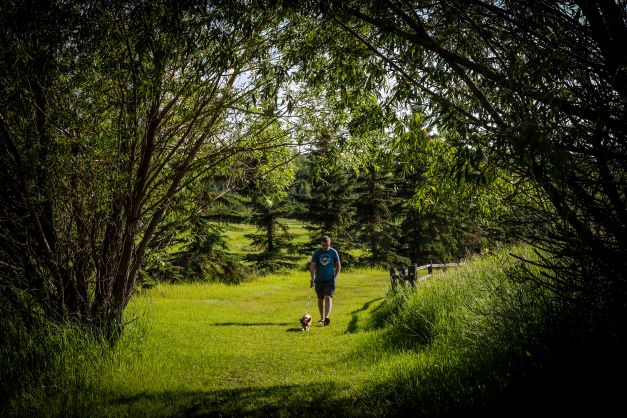Funding for renewable energy, energy efficiency measures, and capacity building in Indigenous, rural, and remote communities across Canada.
The Clean Energy for Rural and Remote Communities (CERRC) program provides funding for renewable energy and capacity building projects and related energy efficiency measures in Indigenous, rural and remote communities across Canada.
The program is working to reduce the use of fossil fuels for heating and electricity by increasing the use of local renewable energy sources and energy efficiency. This creates environmental, social and economic benefits to support healthier and more sustainable communities.
Definition of rural and remote communities
Rural community is defined as a community with a population of less than 5,000 people and a population density of less than 400 persons per square kilometre and not connected to the North American piped natural gas network.
Remote community refers to a community not currently connected to the North American electrical grid or the piped natural gas network and is a permanent or long-term (5 years or more) settlement with at least 10 dwellings.

You must be logged in to post a comment.